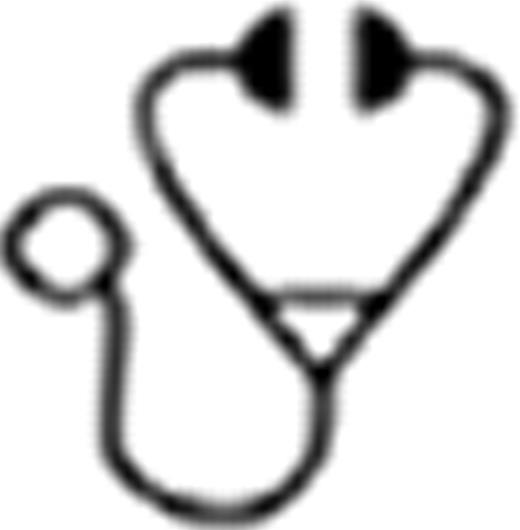Abstract
Acute myeloid leukemia (AML) is a heterogenous disease. In addition to cytogenetic aberrations, somatic mutations in several genes (e.g. NPM1, FLT3, DNMT3A, WT1) have been identified which are involved in the pathogenesis of AML and affect the prognosis of these patients. Recently, it was shown that also germline mutations in the gene encoding the reverse transcriptase component of the human telomerase complex (TERT) are associated with AML and occur with a frequency of approximately 3–5% (Calado et al. Proc Natl Acad Sci USA 2009; 106:1187–92). These mutations lead to a reduced enzymatic activity of the telomerase complex. The most frequent of these mutations is an G>A conversion in codon 1062 in exon 15 of TERT which leads to an alanine>threonine substitution (A1062T). Telomerase complex mutations had previously been described in patients with bone marrow failure or other organ dysfunction such as liver cirrhosis or pulmonary fibrosis. The impact of such mutations on the clinical course and prognosis of AML patients, however, is unknown.
We wanted to analyze the clinical and prognostic impact of the most common TERT mutation A1062T in younger AML patients treated within two prospective multicenter trials.
The mutational hotspot in exon 15 of the TERT gene was analyzed by direct sequencing in 420 patients (age 16–60 years) with AML treated with intensive double induction and consolidation therapy within the AMLSG 295 and 0199 trials (NCT00209833). The patients were also analyzed for mutations/aberrations in the genes NPM1, FLT3, WT1 and DNMT3A. Median follow up was 79 months.
Fifteen of the 420 analyzed patients (3.3%) carried a TERT A1062T mutation. In the four patients of whom remission bone marrow or blood samples were available, the mutation was also detected in complete remission suggesting a germline origin of the mutation. Patients with TERT mutations had a trend (p = 0.06) towards less favorable (13% vs. 42%) and more intermediate-2/adverse karyotypes/genotypes (60% vs. 31%) according to the ELN classification. Other clinical and molecular parameters did not differ from wildtype patients. In univariate analysis, patients with TERT mutations had a significantly inferior overall survival (OS) compared to wildtype patients (HR 2.31; 95% CI 1.29 – 4.13, p = 0.005; 3year OS 20% vs. 46%). Also, in multivariate analysis TERT mutations were an independent negative factor for OS when analyzed together with age, leukocytes/peripheral blasts, platelets, extramedullary disease, de novo vs. secondary AML, ELN risk classification, WT1 SNP rs16754 and mutations in NPM1, FLT3 and DNMT3A. In addition to a high relapse rate, TERT mutated patients also showed a high rate of treatment related mortality: 5/15 (33%) of the mutated patients died during induction therapy or in CR as compared to 62/405 (15%) of the wildtype patients (p = 0.07). Of note, three of four TERT mutated patients who received an allogeneic stem cell transplantation in first CR died in CR. Therefore, we also analyzed treatment related toxicity during induction therapy. In the TERT mutated patients, 14/15 (93%) suffered from non-hematological/non-infectious grade 3 or 4 adverse events (mostly hepatic and/or mucosal) as compared to 216/405 (53%) wildtype patients (p = 0.006). In multivariate analysis, TERT mutations were an independent risk factor predicting for adverse events during induction (OR 9.6; 95% CI 1.24 – 75.23, p = 0.031) when analyzed together with age, ELN risk classification, other gene mutations, blood counts, extramedullary disease, ECOG performance status, response to first induction therapy, and de novo vs. secondary AML.
TERT A1062T mutations are an independent negative prognostic factor in younger patients with AML. These mutations seem to predispose AML patients to treatment-related toxicity and mortality.
No relevant conflicts of interest to declare.

This icon denotes a clinically relevant abstract
Author notes
Asterisk with author names denotes non-ASH members.

This feature is available to Subscribers Only
Sign In or Create an Account Close Modal